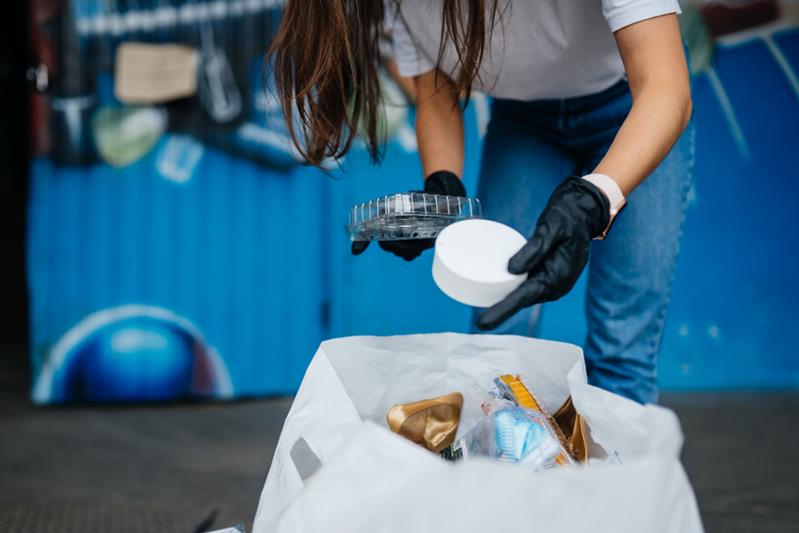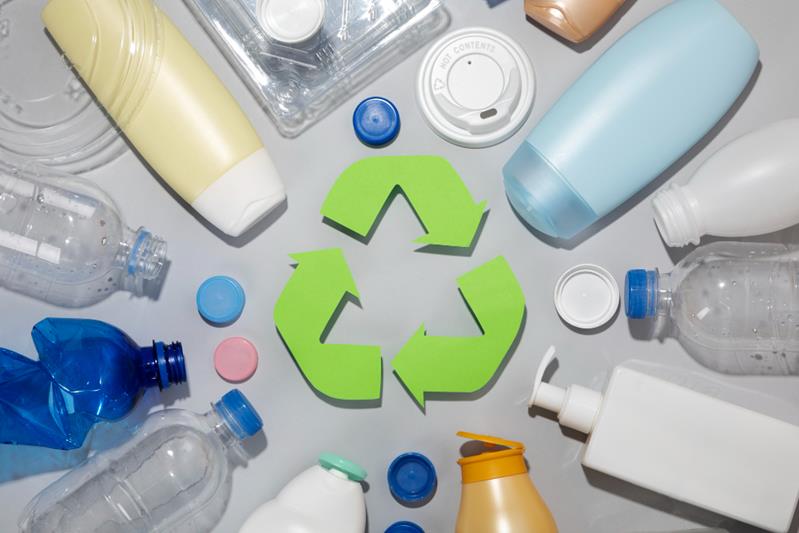Recycling of cosmetic packaging
Reading a book allows you to escape from gray everyday life and relax in peace. However, to make reading time comfortable, some devices are necessary. In this article, we will look at the most popular options that will be useful if you spend time reading a book.
Benefits of reading
Every year, the beauty industry’s contribution to overall production is on the rise, leading to an increase in concerns regarding sustainability and environmental responsibility. It is an undeniable fact that cosmetic packaging often becomes overly luxurious and disposable, which entails problems with the accumulation of waste and increased use of limited resources.
Benefits of recycling cosmetic packaging
This eco-friendly process has profound and multifaceted impacts on multiple areas, including the environment, economics and social responsibility.
First of all, recycling packaging materials in the cosmetics industry contributes to a significant reduction in the use of new natural resources. This is especially important in the context of the global push for sustainable development, as the recycling process allows for the efficient use of used materials, reducing pressure on natural ecosystems.
An additional benefit is the reduction of greenhouse gas emissions since recycling processes are typically more energy-efficient than producing new materials. This helps reduce negative climate impacts and supports environmental sustainability. Also, recycling reduces overall energy costs, promoting sustainable energy use. As a result, recycling cosmetic packaging forms a closed consumption cycle, where used materials find new uses. This not only reduces waste but also highlights the need for a more sustainable and responsible cosmetics industry.

Technologies in the recycling of plastic
Technological innovation in cosmetic packaging recycling plays an important role in shaping a more sustainable and environmentally responsible beauty industry. These technologies cover various aspects aimed at improving efficiency and reducing environmental impact.
Plastics recycling involves innovative methods, including mechanical and chemical processes. The first type is based on the crushing and purification of plastic waste for its subsequent use in the production of new packaging materials. Chemical recycling involves heat treating plastics, turning them into raw materials to create new materials, thereby reducing the use of virgin resources.
Glass recycling also plays an important environmental role. Processes such as recycling bottles and cans into new glass reduce energy costs. These technologies aim to reuse raw materials, which reduces energy consumption and reduces dependence on natural resources.
Research and development of new, more environmentally friendly materials for cosmetic packaging also plays a key role. Biodegradable and compostable materials provide an alternative to traditional plastics, reducing the negative impact on the environment.
Implementing recycling labeling systems that facilitate the separation and sorting of different materials improves the efficiency of recycling processes. This facilitates more efficient collection and disposal of packaging after use. These technology solutions are coming together to create more efficient and sustainable cosmetic packaging recycling processes, ultimately helping to reduce the industry’s environmental footprint.
Why is recycling plastic packaging important?
Key threats from unrecycled plastic include not only dangerously polluting soils and waterways with microscopic plastic particles that harm plants and animals on land and in water but also leading to numerous diseases in humans. Every year, approximately 8 million tons of plastic waste end up in the world’s oceans, becoming a source of pollution. Garbage islands like those that exist in the Pacific Ocean fill the space, leading to the destruction of ecosystems, especially those adjacent to rivers and oceans.
Overall, plastic poses serious environmental and health risks. These risks cannot be underestimated and must be taken seriously. At the same time, a complete cessation of the use of plastic products, at least at this stage of human development, is extremely difficult. A smart approach to solving the problem is responsible use, including sorting waste and recycling plastic. This, although small, is the right step towards preserving and improving the state of the environment, to minimize risks for all life on our planet.




